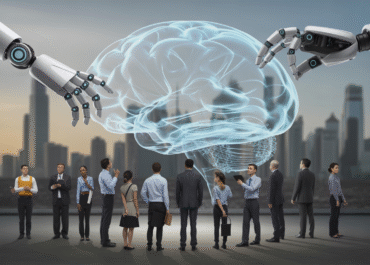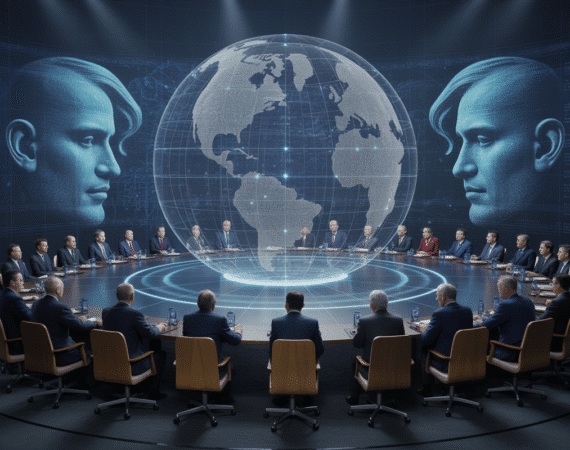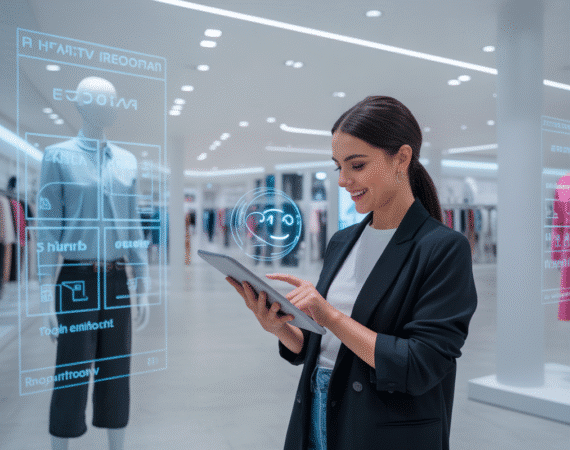Autonomous AI and Collaborative Robots: Reshaping Global Production Chains
The landscape of global production chains is undergoing a radical transformation, driven by the synergistic advancements of autonomous artificial intelligence (AI) and collaborative robots, often known as cobots. This pivotal technological leap is not merely about automation; it’s about creating intelligent, adaptable, and highly efficient manufacturing ecosystems capable of responding with unprecedented agility to market demands and unforeseen disruptions.
Autonomous AI: The Brain of Modern Manufacturing
At the heart of this revolution lies autonomous AI, an intelligent system capable of learning, reasoning, and making decisions without constant human intervention. In production environments, autonomous AI algorithms are optimizing everything from supply chain logistics and inventory management to predictive maintenance and quality control. They analyze vast datasets in real-time, identifying patterns, anticipating failures, and suggesting optimal operational adjustments, leading to significant reductions in downtime and waste. This level of predictive capability ensures smoother operations and higher output quality.
Collaborative Robots: Human-Centric Automation
While traditional industrial robots are caged for safety, collaborative robots are designed to work safely alongside human operators. These agile, often smaller, and force-limited robots perform repetitive or ergonomically challenging tasks, freeing up human workers for more complex, creative, and supervisory roles. Cobots excel in tasks requiring precision and consistency, like assembly, packaging, and material handling, making production lines more flexible and adaptable. Their ease of programming and deployment further accelerates their integration into diverse manufacturing settings.
The Synergy: AI Powering Cobots for Enhanced Efficiency
The true power emerges when autonomous AI and collaborative robots work in tandem. AI serves as the intelligence layer, enabling cobots to not just perform predefined tasks but to learn from their environment, adapt to new situations, and even make minor adjustments on the fly. For instance, an AI-powered cobot can identify a defective product and adjust its next action, or dynamically reconfigure its movements based on real-time feedback from sensors. This AI-cobot synergy facilitates truly dynamic and responsive manufacturing processes, paving the way for hyper-personalized production and rapid prototyping.
Transforming Global Production Chains
The impact of this integration on global production chains is profound. Businesses are witnessing enhanced operational efficiency, reduced labor costs, and a significant boost in production flexibility. Production lines become more resilient to disruptions, capable of quickly reconfiguring to meet changing demands or supply chain challenges. This technological convergence is fostering the concept of «lights-out» manufacturing in some areas, while in others, it’s augmenting human capabilities, leading to higher productivity and improved worker safety. Moreover, the data generated by these smart systems provides invaluable insights for continuous improvement and strategic decision-making across the entire value chain.
The Future is Now: A Smart, Resilient Manufacturing Landscape
As autonomous AI and collaborative robots continue to evolve, their role in shaping a more efficient, agile, and resilient global manufacturing landscape will only grow. This key advance is not just about adopting new technologies; it’s about redefining the very nature of work and production, leading to a future where factories are smarter, more adaptive, and intrinsically linked to the global economy’s pulse.


